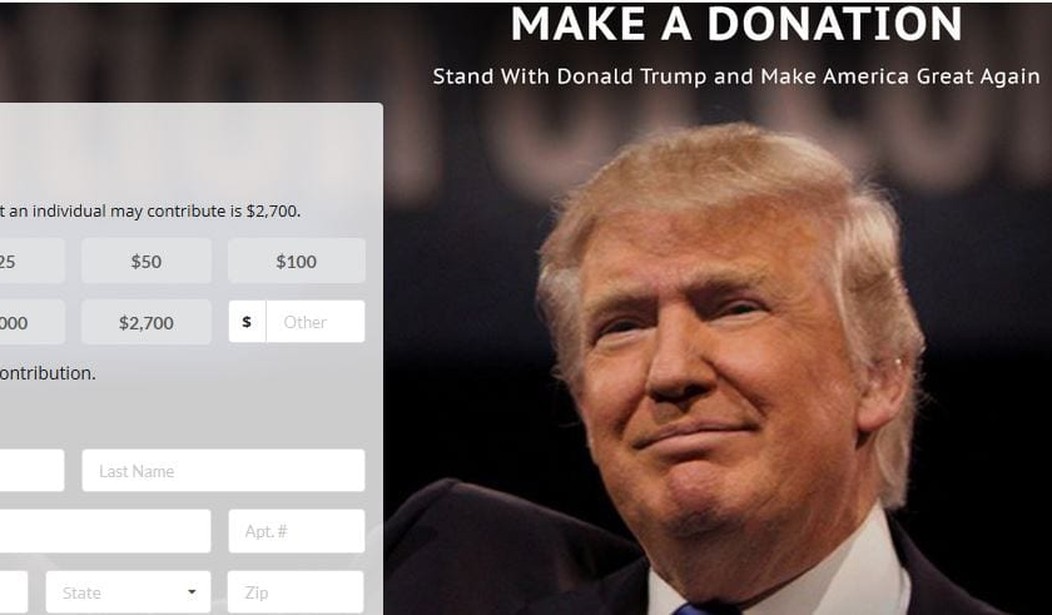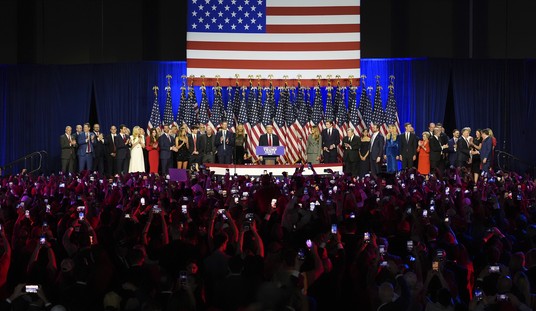One of the interesting assumptions infecting this election season is that a self-funded wealthy candidate is less likely to make corrupt deals. If a candidate doesn’t solicit money from the public (which, by the way, every candidate for president does), so the story goes, he won’t be beholden to do favors.
But what if a candidate had a ready reserve of millions? Could that candidate buy off media outlets, public figures and educational institutions? Answer: probably, if he knows how to do the deal.
Expenditures on behalf of a campaign, of course, must be reported to the Federal Election Commission. If a campaign pays a public figure to work on a campaign, for example, that must be disclosed in periodic filings with the Federal Election Commission.
But what if a candidate had a measure of control over a vast network of corporate entities unaffiliated with the campaign, save through the candidate himself? Could those entities be used to funnel cash in desirable directions? Here’s how it might work.
Suppose, for example, a college or favorite charity was the intended beneficiary of the candidate’s largess. That candidate could perhaps pay a large and unreportable fee for use of campus facilities. A conference hall that normally costs $5,000 might suddenly go for $50,000. The campaign doesn’t pay, but an entity controlled by the candidate in his private life pays.
Or, what if a famous figure was being cultivated for an endorsement? A company affiliated with the candidate might hire that figure for “corporate consulting” at some outrageous above-market sum. Naturally the cozy relationship makes it more likely that the public figure would endorse the candidate. No federal law would require this arrangement to be reported to the Federal Election Commission, as long as….
And here’s the rub. As long as the endorsement wasn’t given in exchange for the cash. Otherwise that would be a in-kind contribution to help a federal campaign. But if you know how to do a deal right, a wink might suffice. Or, just an unspoken understanding that an endorsement is expected following the payoff. Or maybe the payoff comes down the line. If you do the deal right, it doesn’t matter.
To be clear, if the cash payment by an affiliated business was done with the expectation to benefit a federal campaign, it would either be a crime or would have to be reported (if done by an individual) and is subject to aggregate limits. But it isn’t hard to imagine how you might structure that arrangement so that nothing is done explicitly, and nothing is easily proven beyond a reasonable doubt.
So what’s left to make this sort of shady arrangement transparent? The free press, that’s all. Questions and truthful answers.
The reason I’m answering this question here is because I’ve been asked the same question all week by a dozen people: is this possible? In a nutshell, the answer is probably yes, as long as it is done right and not an explicit exchange of cash by a corporation to benefit a federal campaign.
There is absolutely no evidence that I know of that any candidate is engaged is this sort of shady arrangement. There are only questions in my in-box about whether it is possible.
But it makes you start to think that middle-class candidates who solicit the public for donations might be less liable to corrupt politics.










Join the conversation as a VIP Member